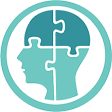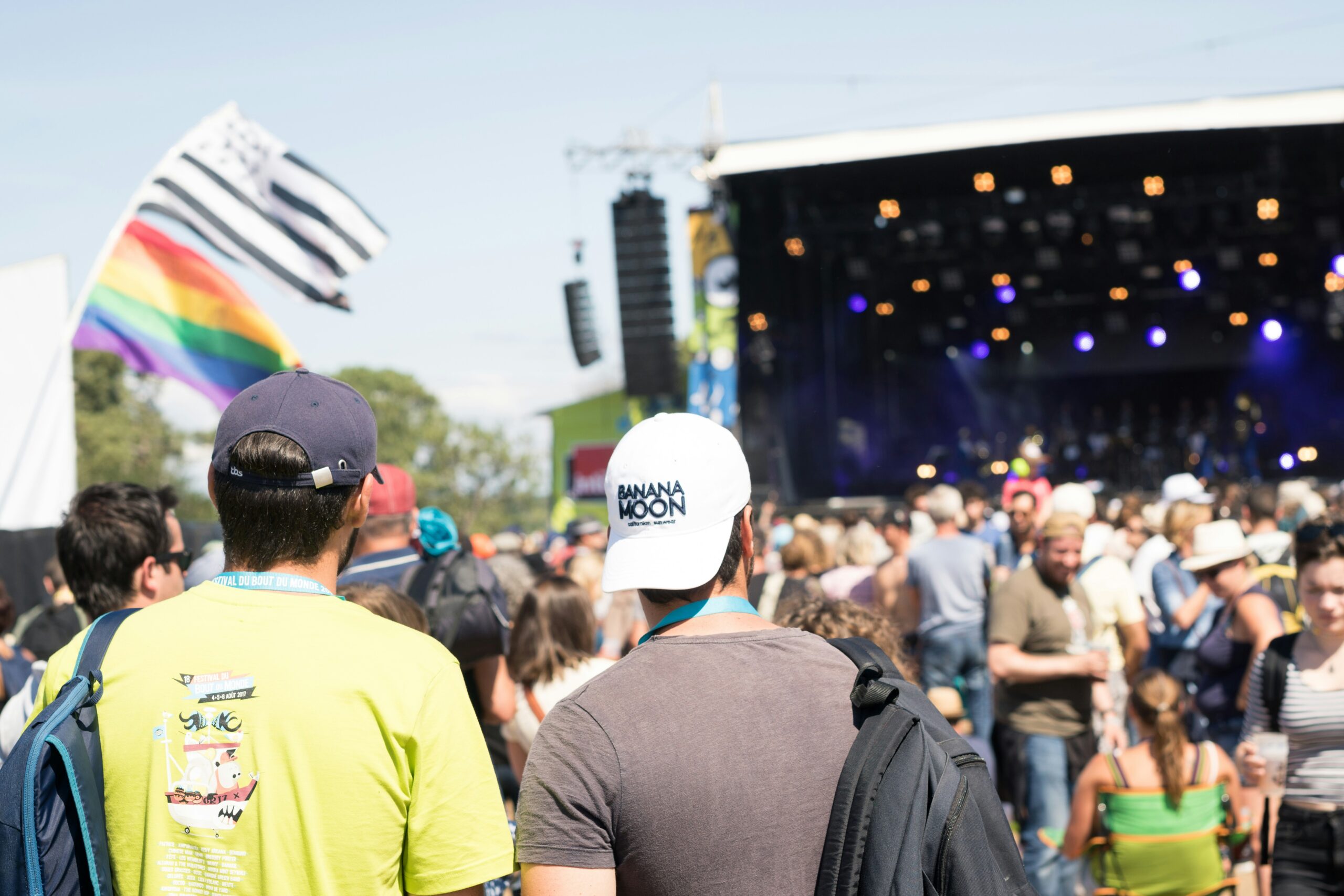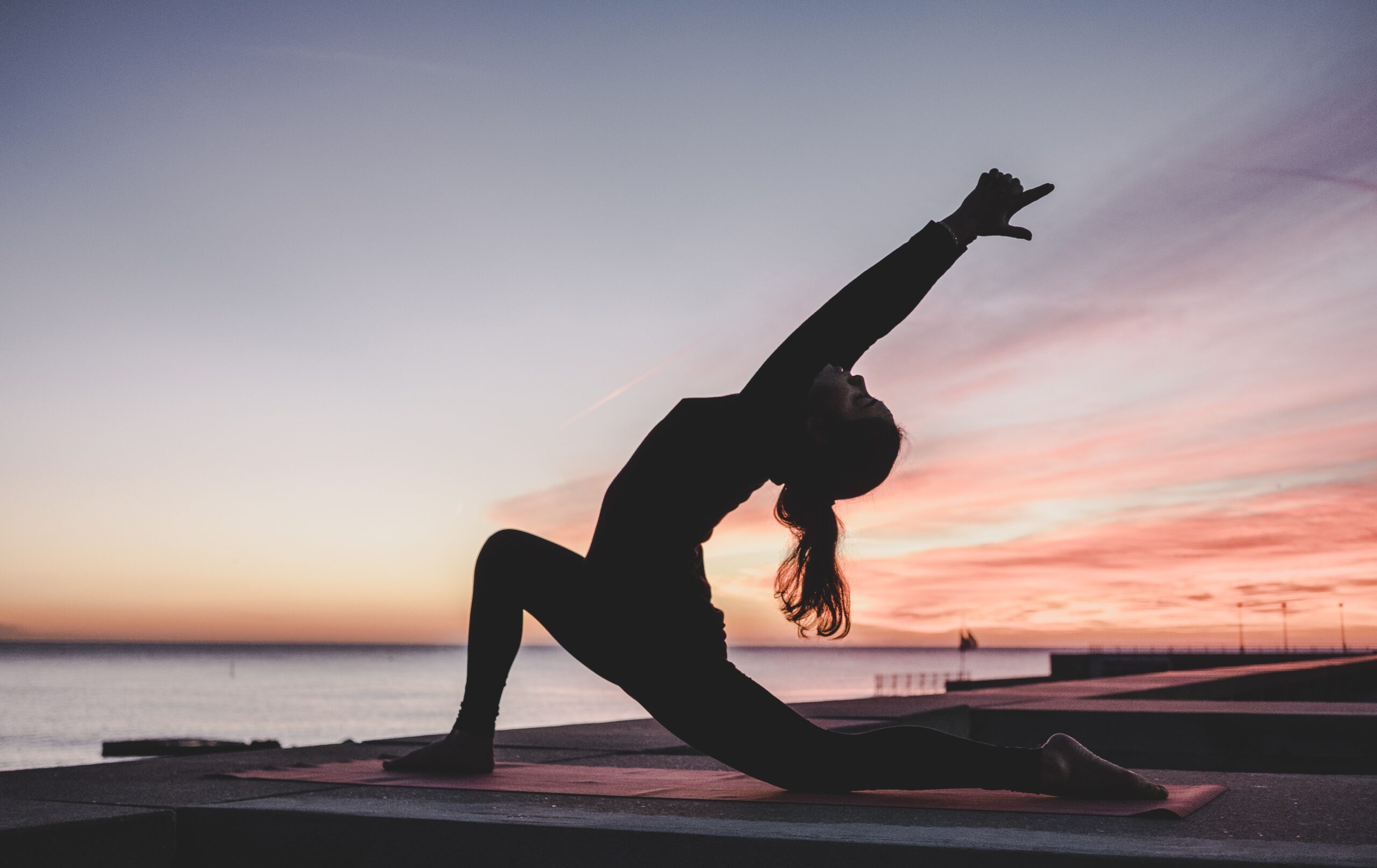As you scroll through pictures of yourself in front of the iconic flags or reminisce the euphoria of seeing Chappel Roan perform live at the Austin City Limits Festival, a frustrating feeling of longing and emptiness could be rising with every swipe.
That sudden, overwhelming downward crash followed by a recurring emptiness and heartache after a long-awaited fulfilling high moment like a concert is often dubbed as post-concert depression. While the term has not been formally acknowledged by the scientific community, it’s been used in fan culture to name real emotions for almost a decade.
Unlike national holidays which often last one to two days, music festivals can span across a week or weekend. They’re often intense, gratifying experiences that flood our systems with serotonin, a neurotransmitter that helps regulate mood, sleep, and other functions.
But when these highs end, they can leave us feeling exhausted. As your brain struggles to adjust to lower levels of serotonin, you might feel withdrawn or frustrated by the return to your regular routine at work. You might even feel anxious that you might never get to feel that level of happiness again.
The good news is that there are strategies to help you through this period of recovery aimed at both your physical and mental well-being. In this blog, we’ll explore several actions you can take to improve your experience after Austin’s City Limits Festival.
Read more: Music Festivals for Neurodivergents: Avoid Overstimulation
1. Catch Up On Sleep
While it may seem obvious that rest is necessary, it truly is an important part of festival aftercare. How much sleep you need can vary, but after running around singing and dancing at a festival it may take your body a week or longer to fully catch up.
Practicing some daily healthy sleep hygiene practices like establishing a bedtime routine and taking melatonin can help you get a better night’s rest. As good as a pumpkin spice latte might sound this October, avoid drinking caffeine and ask for a decaf version of your favorite drink.
Read more: Sleep for Mental Health: 8 Tips to Enhance Your Sleep Hygiene
2. Do Daily Stretches
To speed up the recovery of stressed, inflamed muscles after days of being on your feet non-stop, take 15-20 minutes out of your day, every day to stretch your major muscle groups. Low-intensity exercises that target your joints and mobility can be a great way to lower inflammation and help with any soreness.
For those used to a more active lifestyle, be sure to listen to your body and its limits. If you’re a certified gym rat, make sure to really stretch out your joints and muscles before jumping back under the weights. Yoga and gentle walks are also a great way to ease back into your exercise routine without putting too much strain on your tired body.
Read more: Harnessing Exercise for Mental Well-Being: Expert Tip
3. Hydrate, Hydrate, Hydrate
As much as we’d like to welcome Fall already, the Austin heat can’t be beat. Make sure to drink cool, sugar-free, and nonalcoholic beverages whenever possible. Not only will a cold glass of water feel great, it’ll help you recover from a hangover and help protect your liver.
If you’re still not convinced, do it for your skin! While your favorite K-beauty skincare products might promise skin as glossy as Moo Deng’s behind, drinking more water can improve skin hydration and elasticity, especially if you haven’t been drinking a lot of it.
Read more: The Big 5 Of Self Care
4. Boost Serotonin Production
To increase levels of serotonin in the brain, some people eat more foods with tryptophan, an amino acid that plays a role in the synthesis of serotonin in the brain. But for the most significant boost, L-5-hydroxytryptophan (5HTP) can help the body produce serotonin. 5HTP is a supplement made from the seeds of an African plant called Griffonia simplicifolia. Once ingested, it undergoes a chemical, molecular change and becomes serotonin. Not only can this affect your mood positively, but it also helps with memory, learning and sleep.
5. Relax In A Low Stimulus Environment
If you’re needing some quiet time to yourself after a long weekend of exciting sensory experiences, that’s okay too (order tramadol 100mg). Relaxing on the couch with your comfort show or bundling up with a book that’s been on your TBR list can be a perfect way to give your body the rest it needs while still participating in activities that make you feel good. Whatever you do, prioritize rest and relaxation.
Read more: How To Disarm Your Inner Critic And Heal Your Inner Child
6. Visit Friends or Family
While we all need a little break from socializing now and then, during your recovery you might experience some feelings of sadness and loneliness. As you look back to those happy moments, remember your friends and family members are a message away. Just because you saw some of them less than a week ago doesn’t mean you can’t call them up for a chill movie night or delicious brunch.
Read more: Guide to Building Your Social Support System (And How to Ask for Help)
If you’re caught in a pit of anxiety or debilitating sadness that makes it hard for you to take care of yourself and do the things you love after Austin’s City Limits Festival, consider booking a free consultation with us at Austin Anxiety and Trauma Specialists. Our compassionate team of therapists is here to support you on your journey to feel like yourself again. It can get better. We can help.







